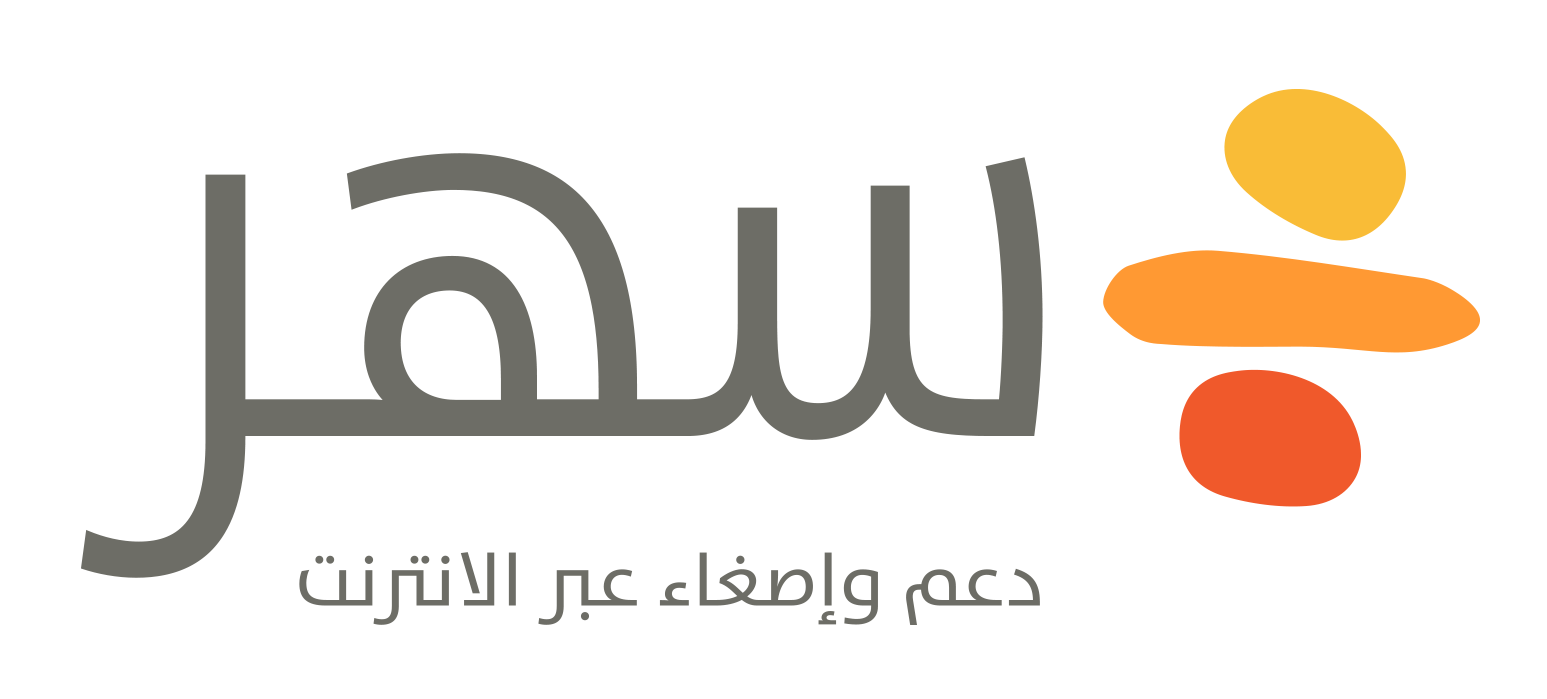מחקרים
שת״פ עם סהר לצרכי מחקר
סהר שותפה במחקרים אקדמאים לפיתוח ידע, שיטות וגישות תקשורת במטרה לשפר את הסיוע הנפשי במרחב הדיגיטלי.
מחקרים בשותפות סה"ר
Research Publications
Predicting suicide risk in real-time crisis hotline chats integrating machine learning with psychological factors: Exploring the black box
This study addresses the suicide risk predicting challenge by exploring the predictive ability of machine learning (ML) models integrated with theory-driven psychological risk factors in real-time crisis hotline chats. More importantly, we aimed to understand the specific theory-driven factors contributing to the ML prediction of suicide risk.
Suicide Prevention Outreach on Social Media Delivered by Trained Volunteers
There is a need to develop new ways to reach and engage people at risk for suicidal behavior. Suicide prevention outreach on social media (SPOSM) represents a promising strategy, and trained volunteers could potentially provide the needed human resources. Aims: We aimed to investigate users’ perception of SPOSM delivered by volunteers of the Israeli Sahar organization and its potential to promote help-seeking behavior.
Mental health concerns during the COVID-19 pandemic as revealed by helpline callsc
Mental health is an important component of public health, especially in times of crisis. However, monitoring public mental health is difficult because data are often patchy and low-frequency1–3. Here we complement established approaches by using data from helplines, which offer a real-time measure of ‘revealed’ distress and mental health concerns across a range of topics4–9. We collected data on 8 million calls from 19 countries, focusing on the COVID-19 crisis.
Suicide-related calls to a national crisis chat hotline service during the COVID-19 pandemic and lockdown
A COVID-19 pandemic-related rise in suicide rates has been predicted due to social isolation, fear, uncertainty, economic turndown and grief. Detecting an increase in suicide rates is difficult in the absence of real-time data. Alternative data sources for such trends in psychopathology and suicidal behavior must be sought. Methods: Data from a national chat-based crisis hotline for the first half of 2019 (pre-COVID-19), were compared to data from the first half of 2020 (during COVID-19).
Emotional support and suicide prevention through the Internet: A field cproject report
The Internet can be efficiently exploited to help people in severe emotional distress, including those contemplating suicide. Based on this premise and guided by various psychological principles that characterize Internet communication and behavior, on the one hand, and by factors related to the provision of emotional support, on the other, an Israeli project with the Hebrew acronym SAHAR was established.
Does activity level in online support groups for distressed adolescents determine emotional relief
Online support groups are widely used for numerous types of distress areas, but relatively little has been empirically examined to date in regard to their effectiveness in providing emotional relief to participants as claimed. The current study aimed at testing a possible moderator affecting participants' emotional relief when using an online support group: the degree of active involvement.
עמותת סהר נותנת עדיפות למחקרים העוסקים בנושאים הבאים:
- אובדנות, דכאון, חרדה, הפרעות אכילה, פגיעות מיניות
- שילוב מתנדבים בתחומי בריאות הנפש
- תמיכה רגשית אונליין
- סיוע נפשי בחברה הערבית




